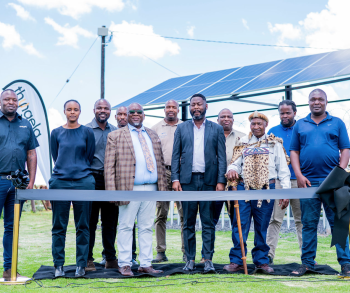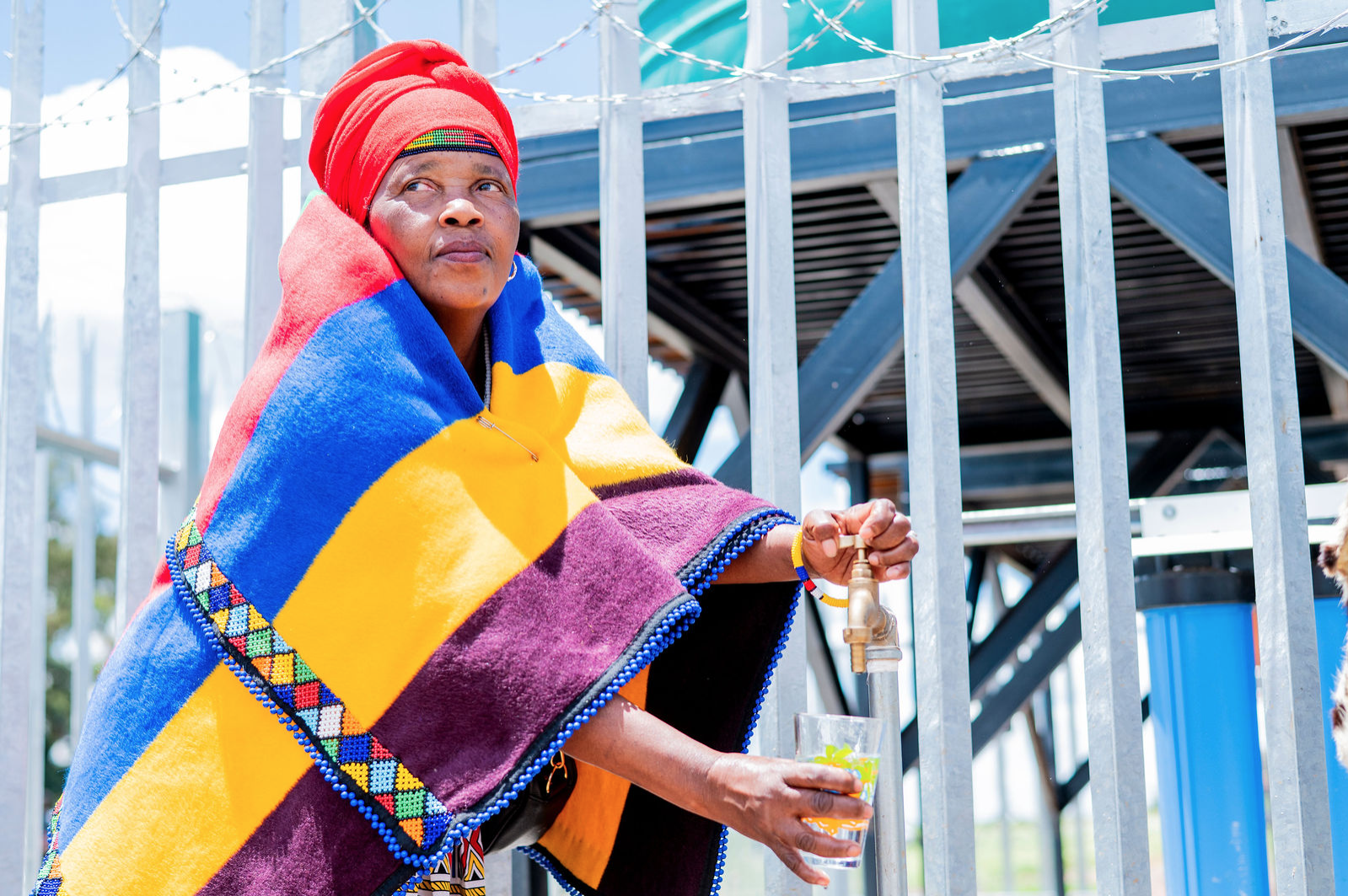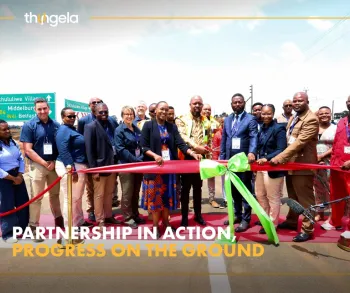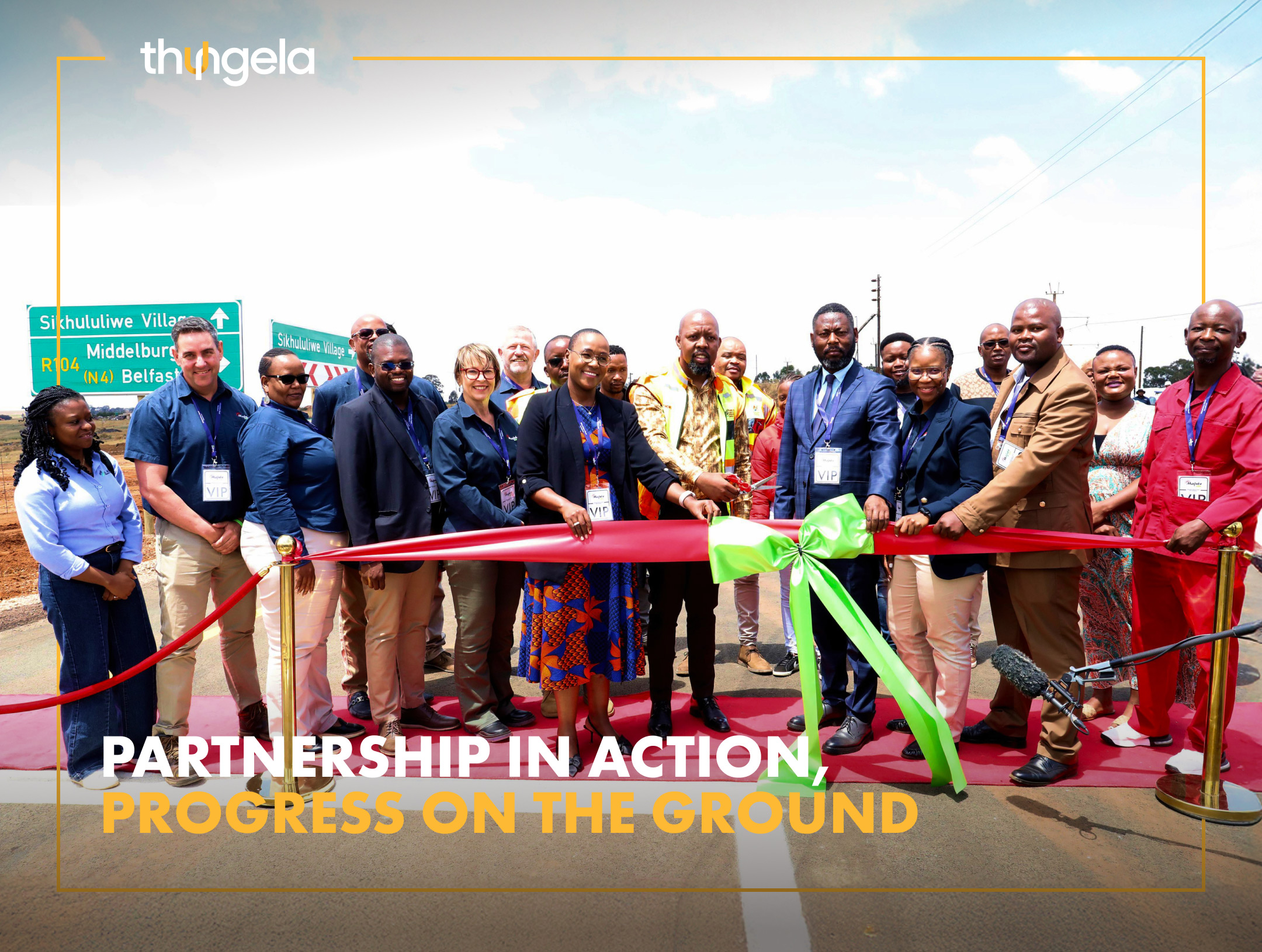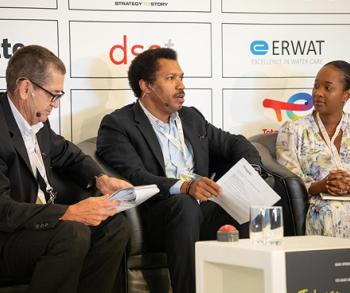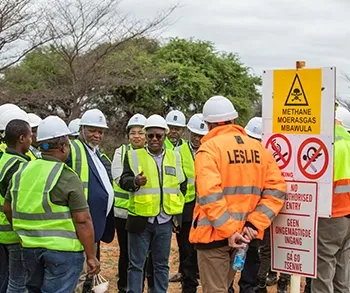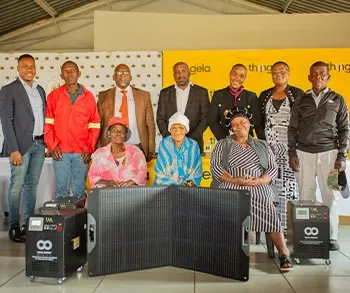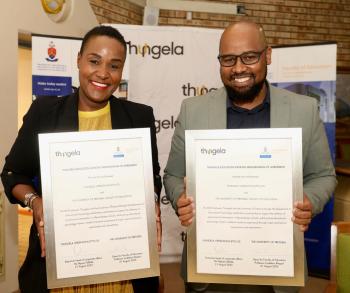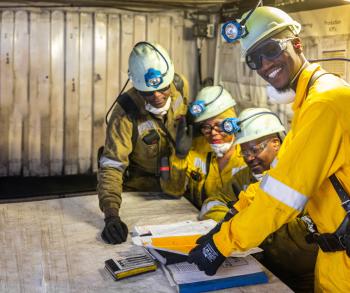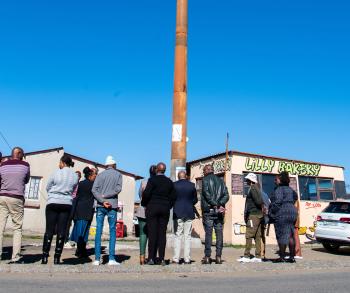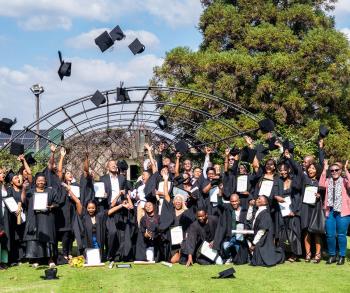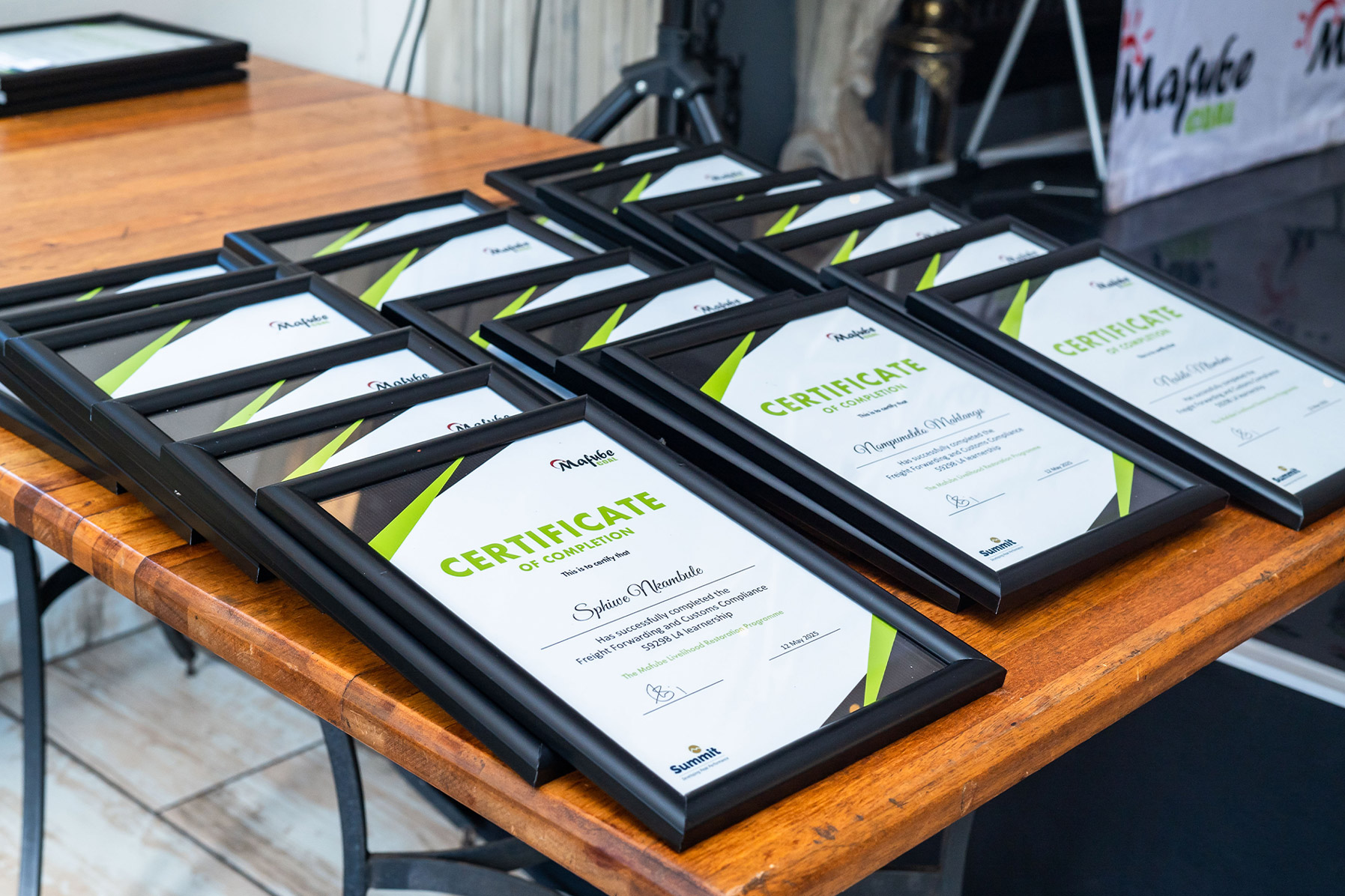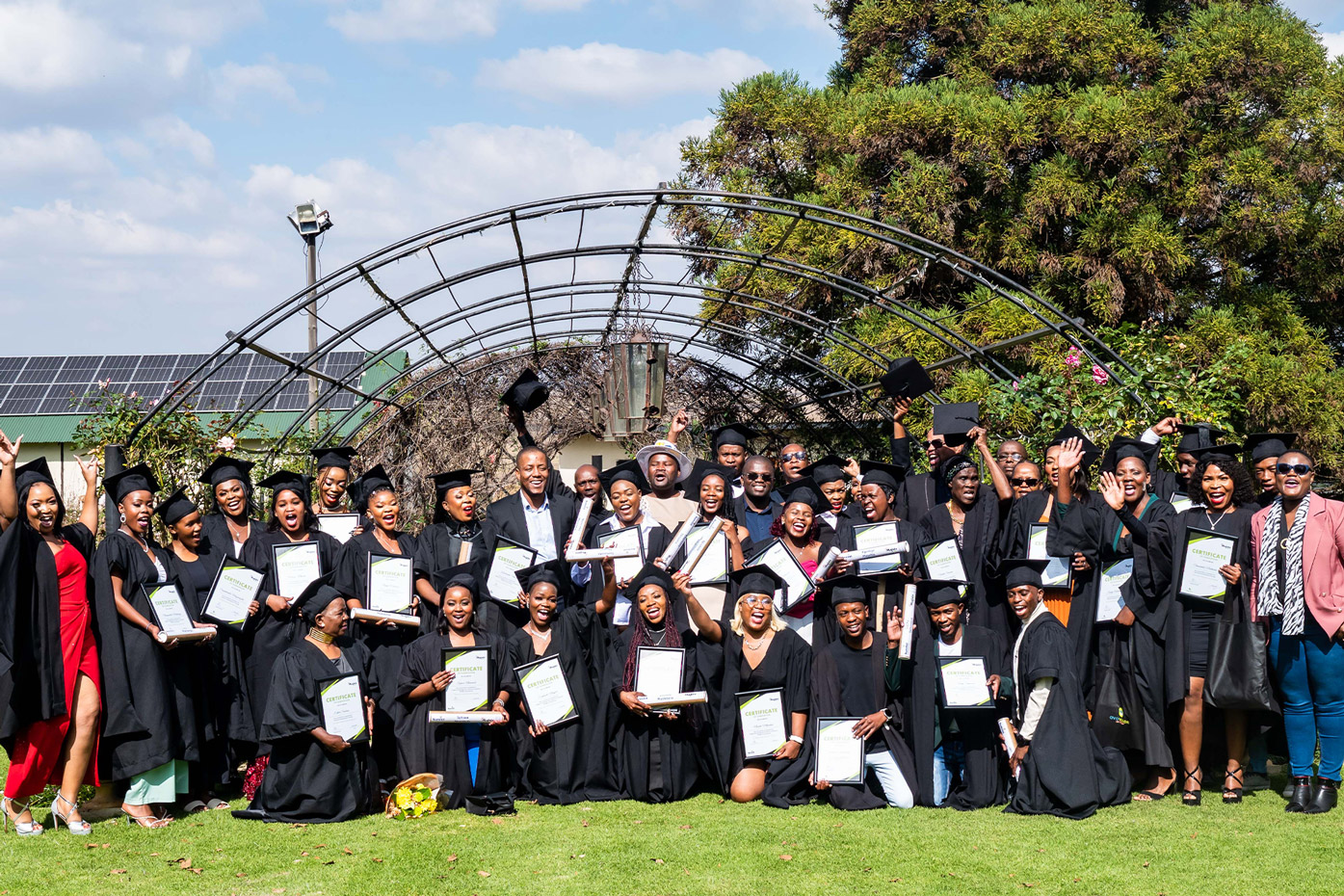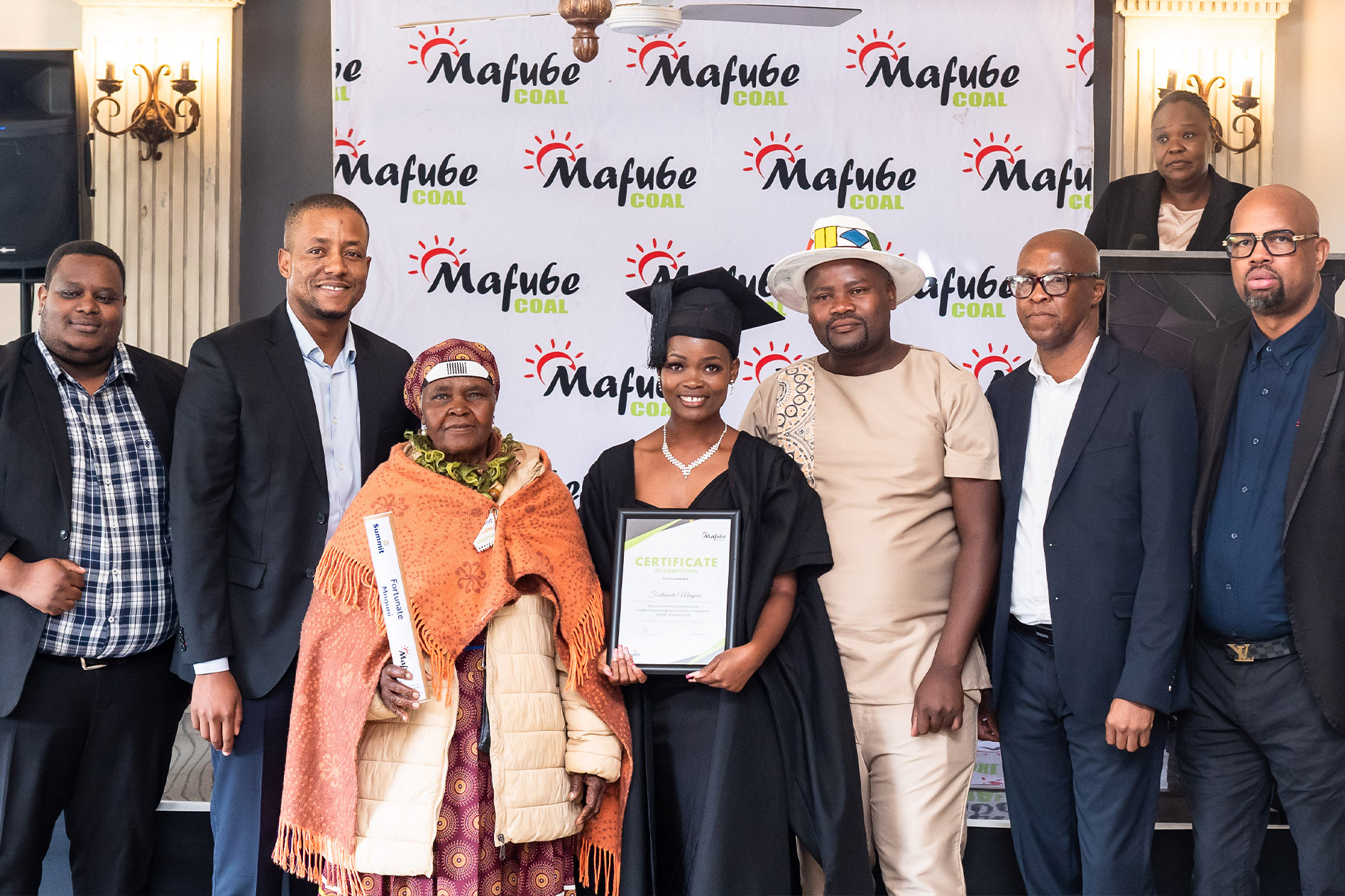Thungela Resources Limited (“Thungela” or “the Group”) today, announced its interim results for the six months ended 30 June 2025. The results reflect the strength of our balance sheet, disciplined capital allocation and our ability to execute on our strategic priorities, despite softer coal prices and a challenging global environment.
- Safety: Operating a fatality-free business for two and a half years
- Production: Export saleable production in South Africa increased year-on-year to 6.4Mt and Ensham achieved production of 1.6Mt (on a 100% basis)
- Financial: Adjusted operating free cash flow* of R484 million for the period and net cash* of R6.3 billion at 30 June 2025, after capital expenditure of R1.2 billion
- Shareholder returns: Declaration of an ordinary interim cash dividend of R2 per share and a share buyback of up to R140 million
- Guidance: The Group remains on track to achieve full year guidance
Commenting on the results, Thungela CEO, July Ndlovu, said: “Safety is our first value. We are pleased to report that we have operated for two and a half years without a loss of life. We remain unconditional about ensuring that our people return home safely every day.”
“The global operating environment was characterised by increasing geopolitical uncertainties and tariff escalations, disrupting global supply chains and resulting in weaker coal demand. These results demonstrate our ability to control the controllables.”
Operational performance
In South Africa, export saleable production increased by 300kt year-on-year to 6.4Mt, driven by productivity improvements at Zibulo and Mafube, while Khwezela was affected by abnormally high rainfall. FOB cost per export tonne excluding royalties was R1,258, in line with guidance. At Ensham, we recorded 1.6Mt of saleable production and stockpiled a further 280kt run of mine coal, which did not report into saleable production in the first half. FOB cost per export tonne excluding royalties of R1,694 per tonne is above the higher end of the guidance range as a result of the lower production denominator, which we expect to normalise in the second half of the year.
Advancing on our strategic objectives
The Group’s strategic projects remain imperative to the business, with Elders beginning to produce export saleable production as we continue to ramp up. The Zibulo North Shaft project is making good progress and is scheduled to be completed in 2026, within budget. These two life extension projects are key to the long-term sustainability of the business in South Africa, as the Goedehoop mine approaches its end of life in 2025. At Isibonelo, the coal supply agreement is reaching its end of contract term, and the mine will thus come to the end of its life in 2025. We are evaluating opportunities to close these operations in a sustainable and responsible manner. We continue to invest in the Lephalale Coal Bed Methane project as we seek to demonstrate the value in use of the gas.
Financial performance
Our financial results reflect the continued pressure on coal prices, with the average realised export prices in South Africa and Australia declining by 11% and 10% respectively. The softer coal prices, combined with a weaker US dollar to South African rand exchange rate, have led to a decrease in Group revenue in the first half of the year. Group revenue decreased by 12% year-on-year to R14.8 billion, realising an adjusted EBITDA* of R691 million and net profit of R248 million. Earnings per share were 193 cents (H1 2024: 952 cents) and headline earnings per share were 192 cents (H1 2024: 952 cents).
The Group generated adjusted operating free cash flow was R484 million for the first half of the year, which was positively impacted by a working capital unwind of R690 million and R453 million from managing foreign currency risk. Net cash at 30 June 2025 was R6.3 billion after capital expenditure of R1.2 billion.
Shareholder returns
Our robust balance sheet enables us to continue to fund our investments through the cycle and continue to prioritise shareholder returns. The Board has approved total returns to shareholders of an interim ordinary cash dividend of R2 per share and a share buyback of up to R140 million. The total returns to shareholders are aligned to shareholder returns in the first half of 2024, despite a more challenging environment.
The Sisonke Employee Empowerment Scheme and the Nkulo Community Partnership Trust will also receive a further R31 million collectively.
The board believes the buffer of R5 billion is appropriate given the current uncertainty globally, including commodity price and foreign exchange rate volatility.
Operational guidance
In South Africa, our full year guidance for export saleable production of 12.8Mt to 13.6Mt remains appropriate as production is seasonally weighted towards the second half of the year. Guidance for FOB cost per export tonne excluding royalties* of R1,210 to R1,290 also remains appropriate.
We expect production at Ensham to improve in the second half of the year, however, given the geological conditions experienced, production is likely to be closer to the lower end of the guidance range of 3.7Mt to 4.1Mt. Consequently, FOB cost per export tonne excluding royalties* will be at the upper end of the full-year guidance range of R1,470 to R1,580.
In conclusion
“Today represents a significant milestone in my journey as Thungela’s CEO, as this is the last set of financial results that I will deliver. I am deeply grateful to the Thungela board, group executive committee, employees, shareholders and stakeholders for your steadfast support.”
“As we welcome Moses Madondo as the CEO designate, I am confident that he will be afforded the same support that you have shown me over the years. I am proud that together, we have built a sustainable business with long-life assets across multiple geographies,” said Ndlovu.
ENDS
